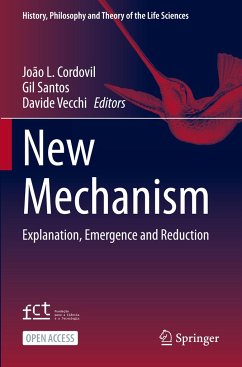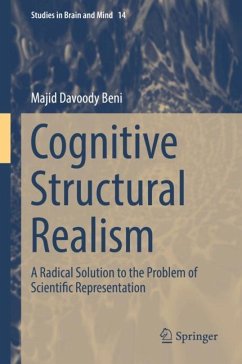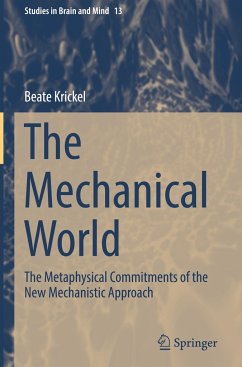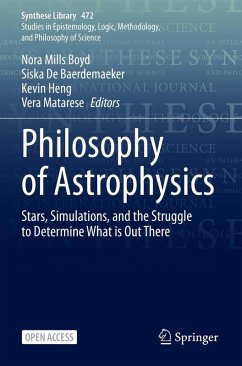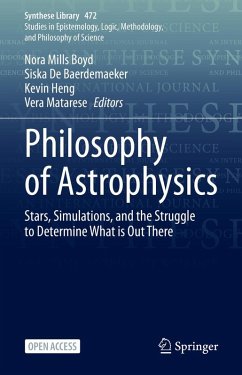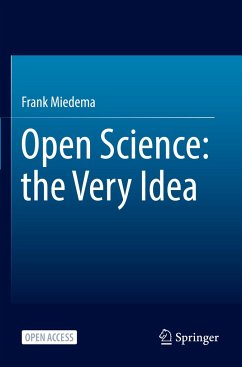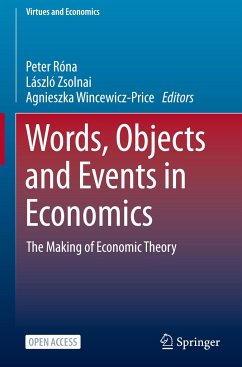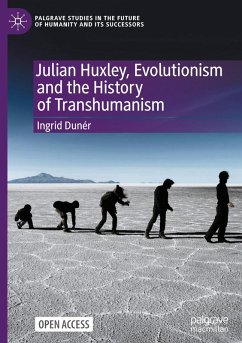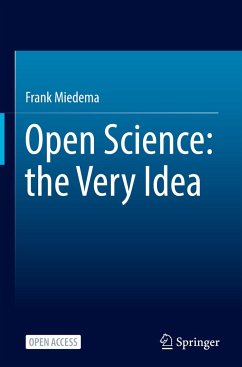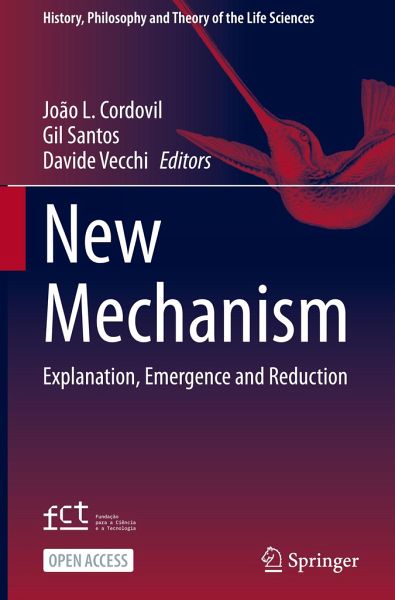
New Mechanism
Explanation, Emergence and Reduction
Herausgegeben: Cordovil, João L.; Santos, Gil; Vecchi, Davide
Versandkostenfrei!
Versandfertig in 6-10 Tagen
38,99 €
inkl. MwSt.

PAYBACK Punkte
19 °P sammeln!
This Open Access book addresses the epistemological and ontological significance as well as the scope of new mechanism. In particular, this book addresses the issues of what is "new" about new mechanism, the epistemological and ontological reasons underlying the adoption of mechanistic instead of other modelling strategies as well as the possibility of mechanistic explanation to accommodate a non-trivial notion of emergence. Arguably, new mechanism has been particularly successful in making sense of scientific practice in the molecular life sciences. But what about other sciences? This book en...
This Open Access book addresses the epistemological and ontological significance as well as the scope of new mechanism. In particular, this book addresses the issues of what is "new" about new mechanism, the epistemological and ontological reasons underlying the adoption of mechanistic instead of other modelling strategies as well as the possibility of mechanistic explanation to accommodate a non-trivial notion of emergence. Arguably, new mechanism has been particularly successful in making sense of scientific practice in the molecular life sciences. But what about other sciences? This book enlarges the context of analysis, addressing the issue of the putative compatibility between the current ways of conceiving new mechanism and actual scientific practices in quantum physics, chemistry, biochemistry, developmental biology and the cognitive sciences.





